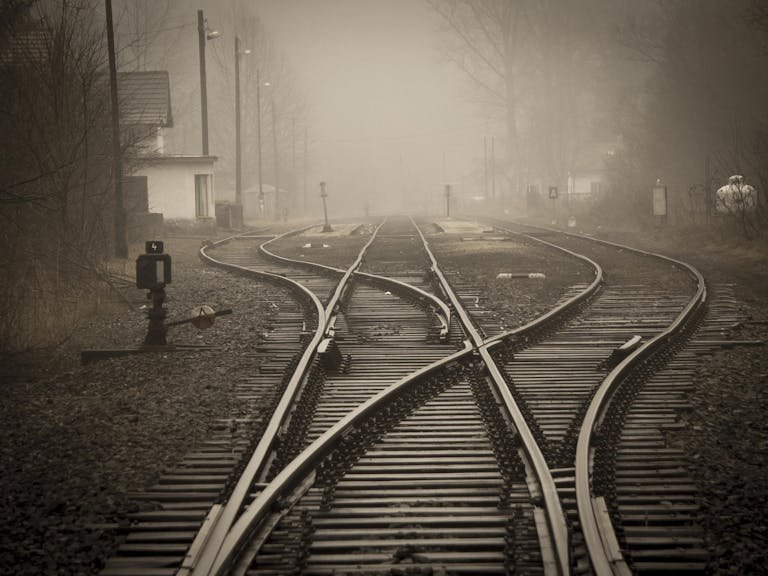Imagine you're standing at the edge of a cliff, ready to leap into the unknown. That leap could be a new career, a bold life transition, or even a passion project you've always dreamed of. But there's one thing holding you back—failure. It’s that weight in the pit of your stomach, whispering doubts into your ear. Most of us are hardwired to fear failure, to avoid it at all costs, as if one misstep could send everything crashing down.
But what if I told you that failure isn’t the end of the story? What if it’s actually the key that unlocks the door to growth and long-term success? Failure, as daunting as it may seem, is where the real learning begins.
Here’s what I’ve learned about failure:
What I thought failure was:
- A red flag—a sign that I wasn’t capable enough to succeed in a new career or challenge.
- Evidence of incompetence—proof that I couldn’t execute properly, especially during stressful transitions.
- Fuel for negative self-talk—those harsh whispers of, “I’m not able to…”, “I didn’t succeed,” or “I’m not as good as others.”
For years, I viewed failure as the ultimate verdict on my abilities. It felt like an unwanted guest that kept showing up when I was trying to make big changes. Each misstep, each project that didn’t go as planned, was like adding another stone to the backpack I was carrying. But here’s the thing: when you’re walking a new path, those stones don’t weigh you down—they build the road.
What I learned failure actually is:
- A compass—failure points us away from what doesn’t work and toward what does.
- An invitation to reassess—to step back, reflect, and rethink our strategies from a new angle.
- A spark for creativity—the pressure of failure forces us to dig deep and see beyond our current limitations, leading to more inventive, refined solutions.
Failure is like a dark cloud that, once passed, reveals a clearer sky. It’s a storm that washes away the old ways of thinking, leaving fertile ground for new ideas to grow. It pushes us to stop clinging to what’s comfortable and forces us to explore new possibilities.
The greatest transformations don’t happen in the moments where everything is going smoothly. They happen when we hit walls, when we’re forced to adapt, adjust, and pivot.
Why failure is essential in transitions
Whether you’re switching careers, starting a business, or taking on a new leadership role, failure will likely be a part of your journey. But it’s not something to fear—it’s something to embrace. Each failure is a lesson in disguise, each stumble an opportunity to build stronger, more resilient foundations.
Some of the most successful companies and entrepreneurs didn’t find success because they avoided failure—they found it because they leaned into it. They used every misstep as a stepping stone, transforming failure into fuel for success. It’s in those moments of uncertainty and struggle where real breakthroughs happen.
In my own career, I’ve had more than my fair share of failures. Transitions, in particular, have a way of bringing them to the forefront. But I’ve learned that those failures weren’t dead ends—they were turning points, redirecting me toward something even better. Each failure was a signpost, guiding me toward clarity and growth.
So, here’s the truth:
💡 Failure during stressful transitions isn’t the end—it’s the beginning of something better. Every setback is a chance to assess, learn, and pivot toward success. It’s not just a detour; it’s a recalibration, pushing you closer to the goal you’re truly meant to achieve.
Inspirational quote:
“Success is not final, failure is not fatal: It is the courage to continue that counts.” — Winston Churchill
Failure #CareerTransition #Growth #Resilience #Success #Adaptability #Leadership






